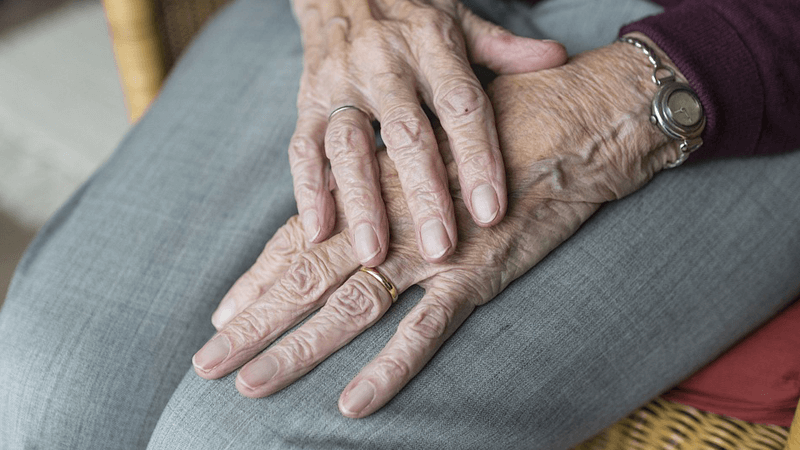A newspaper columnist has branded aspects of NHS treatment of elderly people as “appalling”, after more evidence that Do Not Resuscitate (DNR) orders are being routinely issued by ‘frailty practitioners’ came to light.
NHS England has run “routine frailty identification” since 2017, but recent reports suggest it is being carried out without proper consultation and that DNR orders are being issued without patients’ permission.
The initiative was originally intended to help those working with “people with frailty” who are 65 and over “discuss end of life care”.
‘Kill me now’
Writing in the Daily Mail, Jan Moir suggested that DNRs are being issued to the elderly “on a seemingly cursory basis”.
Moir feared that vulnerable senior citizens were being “bullied” into registering a DNR order with their doctors and that the whole experience was leaving them “baffled” and frightened.
The columnist was “appalled” that it was thought necessary for DNR certificates to be prominently displayed in the home.
She said: “What message does that send out about the value and quality of life? You might as well put up a poster saying Kill Me Now, Don’t Hesitate!”
Frail
The newspaper recently highlighted the case of 93-year-old great-grandmother Mrs Lucy Jeal, who was reviewed by a ‘frailty expert’ without her knowledge.
Despite her ‘frailty score’ revealing that she was “managing well” and that her medical problems were “well controlled”, she received a letter saying: “Should her heart stop beating naturally, CPR (cardiopulmonary resuscitation) will not be initiated because this would not be in her best interest”.
Mrs Jeal, who lives independently, was also sent a DNR notice to put up in her own home.
When she received her assessment, Mrs Jeal was shocked and told the Daily Mail: “I felt like putting on my coat that minute and throwing myself over Lambeth Bridge into the Thames.”
Incentive
Following the publication of the interview, the newspaper said it had received hundreds of letters and emails from readers expressing their concerns about DNRs.
Many spoke of ‘pressure’ being applied to them or their loved ones to accept DNR notices. Others said DNRs had been added to medical records without any discussion.
One questioned whether doctors were being ‘incentivised’ to issue DNRs. Another said they felt like they were being “penalised for a crime” they hadn’t committed.
Blanket approach
England’s Care and Quality Commission (CQC) recently found that a “blanket and inappropriate” use of DNR orders during the coronavirus could have resulted in “potentially avoidable death”.
The CQC’s interim report on COVID-19 related DNRs also called on care homes to investigate how many “inappropriate” orders remain on resident records without consent.
In a recent letter to The Daily Telegraph, a palliative care consultant at Marie Curie Bradford Hospice reiterated the call for checks to be made to “ensure” no such inappropriate orders remained in place.
Dr Sarah Holmes also said: “Decisions about treatment at the end of life, including resuscitation, are very personal and may be deeply difficult for a dying person and their family. As such, they should be part of a wide, ongoing conversation about what matters to someone most at the end of their life.”
Call for review into number of DNARs in Scotland as patients ‘not informed’
NHS asked some care homes to place DNR orders on all patients during pandemic


